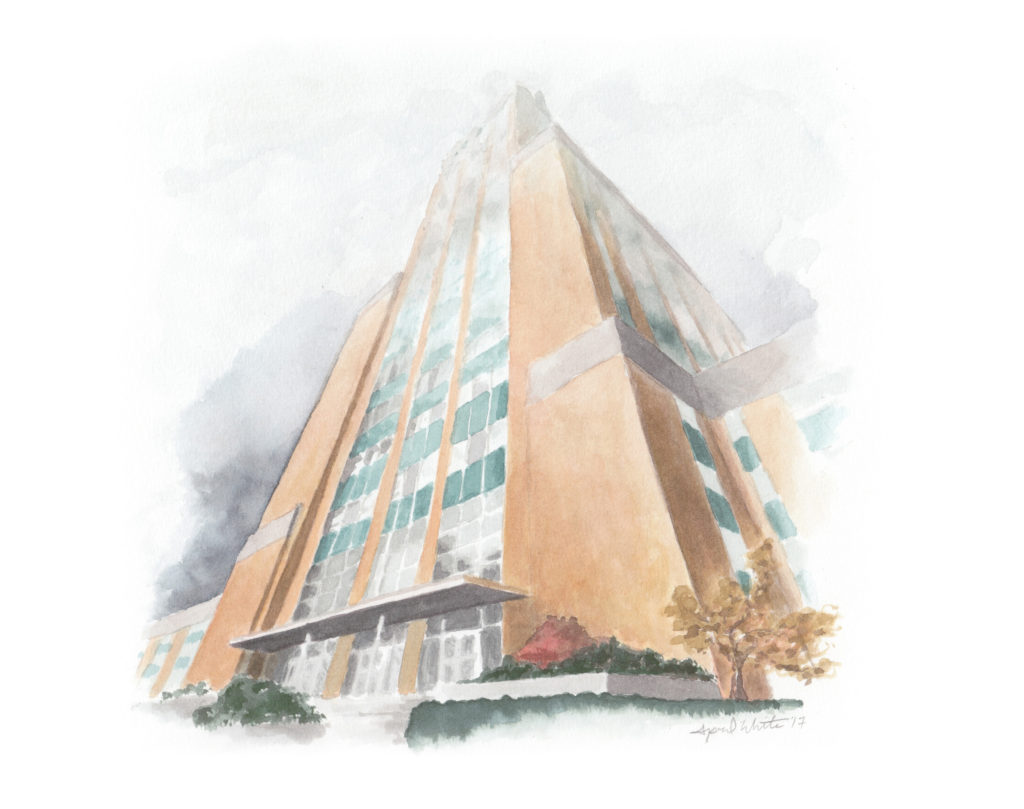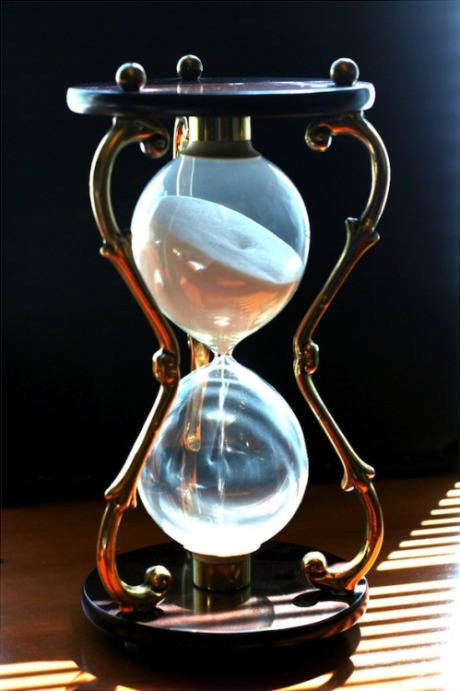A Sketch of Stephen
BY Paul Whittle
May 2018
 This is an excerpt of Paul Whittle’s story A Sketch of Stephen. The story is part of a new collection released by Breakwater Books called Best Kind. The collection features outstanding non-fiction written as part of the creative writing program of Memorial University’s Department of English. Best Kind will be launched later this month.
This is an excerpt of Paul Whittle’s story A Sketch of Stephen. The story is part of a new collection released by Breakwater Books called Best Kind. The collection features outstanding non-fiction written as part of the creative writing program of Memorial University’s Department of English. Best Kind will be launched later this month.
Sean O’Neil came and found me on my break. I was in the staff room reading, of all things, The Electric Acid Kool-Aid Test. I worked there for the money. Good money, to pay my way through school.
“Go make up the beds, Pauly-wally-doodle all day,” Sean O’Neil said. He wore cowboy boots. He turned up the country music.
He glanced down at my book.
“They teaching d’at in school? Dropping acid? What kind of course is that?”
“No I’m reading it for fun.”
“You drop too much and you’ll end up like your uncle.”
He went off down the corridor singing Mamas’ don’t let your babies grow up to be cowboys.
The patient he referred to was not my uncle. He simply had the same surname as me. In a place so small, an island, we might have been related, though my parents swore it impossible. I used to read charts when too tired to concentrate on my schoolwork. I was seventeen. April 13, 1954. Johnny Whittle first diagnosed schizophrenic. I read he had been raised in Mount Cashel. I wondered if he was born sick or if he became sick. On the long-term ward where he’d spent forty years he was well known for being a bit saucy, funny. He said whatever came to his colorful mind. He also sang. The “keepers” would ask him to sing his favorite, I left my Heart in San Francisco. Sean loved tormenting him.
Sean would send me off to do a clean-up job, telling me it was good experience for management. “College boy,” he’d say. He must have learned the phrase on TV since no one I knew said that, they said university. He’d grown up in the same neighborhood as me, but I felt it likely he’d be working at “the mental” seven days on, four off, for the rest of his life. He took delight in locking a patient away in TQ, Orwell-speak for rubber room, though its walls were not made of rubber. I learned the codes of institutions that summer. TQ stood for therapeutic quiet. ECG meant shock treatment. Camcolit, the brand name for the chemical lithium. Locked wards were closed wards. What was once named the asylum, meaning a place of sanctuary, was now called “the mental”…
…Sean used to play tricks on the patients, making them beg for smokes, or make beds, or he’d rearrange the chairs in the main room so the patients faced away from him and towards the windows. I watched them, all uniquely sick and lost, look out at the landscape. Clouds and cars steadily streamed by, trees blew in the wind, gulls circled and screeched above the river valley in the near distance below the hospital. Most of the patients stared blankly at this scene, for it held no possibility for them.
I might be down the long hall mopping up piss (even now the smell of Clorox brings me back to that place, those long and confined corridors), or checking doors to see if they were locked. Sean would make them walk all the way down to where I stood, telling them I was down there with smokes.
“Keeper, keeper can I have a smoke?” they’d ask. And I would have to send them back to the common room. Sean watched it all with his feet up on a vinyl chair, smiling. I looked towards the nursing station but the nurses were afraid of him. If they asked him to stop his shenanigans, he’d always have a reply like “it gives them exercise.” Or if he had turned on the caged TV to watch some hockey game, turned it away from some cartoon that had made some of the patients smile or dance, he’d say they had to learn discipline. If you challenged Sean he’d say “I was just joking b’y,” or something like that to make you feel you were too serious, too sensitive.
Stephen knew nothing of any of this. He walked into walls; you had to grab him and turn him around. He never resisted anything, but, somewhat like a baby, was docile and welcomed attention. Some of the nurses sometimes held his hand; Stephen held theirs like a cup, gripping it stiffly.
Stephen was beautiful. He had soft features, a delicate way, hair parted perfectly in the middle, what we called a bowl cut when we were kids. When he stood still, so comfortable in his body, with graceful posture and skin that hadn’t seen any sun in ten years, he might have been made of marble.



